
No one greets you at the door. The rattle of the leash goes unnoticed. Even a steak bone fails to generate much excitement. If your pouty pet doesn’t start showing some enthusiasm soon, you’re going to change her name to Debby downer or Gloom and Doom.
It’s not uncommon for pets to come down with the blues. Caused by such things as illness, loneliness, lack of exercise or even winter darkness, depression can make pets lethargic, mopey and sad.
Sudden changes in lifestyle can also cause emotional upheavals in pets. Cats and dogs may get depressed following the death of one of their friends, for example, or after moving to a new house. Cats can get depressed just from having the furniture rearranged. To raise your pet’s spirits, here’s what I recommend.
1. Try to make every day a play day. Throwing yourself into some wholehearted play with your pet is one of the best ways to take her mind off her troubles. Perhaps getting down on the floor for a tickle and tummy rub being silly might lift her spirits. Let your baby know it’s okay to play.
2. Reflect some fun. Putting up a mirror where your pet can see her own reflection will give her a sense that she’s not alone and help keep her from feeling lonely.
Go for a walk. Taking your pet outside for a vigorous romp does more than get her out of the house. Exercise also stimulates the release of endorphins, chemicals in the body that heighten good feelings.
3. Don’t reward the moping. About the worst thing you can do when your pet is depressed is stroke, pamper of otherwise “reward” her for feeling bad. This could only make things worse.
It’s good to give her attention, but only if you stay upbeat and cheerful. If you’re enthusiastic, there’s good chance your pet will be, too.
4. Make your friends exciting. It’s common for pets to feel left out when someone new like a boyfriend or another pet–enters the picture. We are our pets loved ones, and they don’t want to share our love with other pets or other people.
To help your pet get used to new friends, try ignoring your pet for a little bit, when the two of you are alone. Then turn on the attention when the new person (or pet) is around. Go for a walk. Have a play session on the floor. Or just give her and extra treat. Pretty soon your pet will associate the new person with good time and will be less likely to mope.
5. Plant surprises. For pets, home is where the good smells (and treats) are. Some vets recommend, “salting” the new place with exciting toys or tasty treats, which she’ll discover on her own.
6. Cheer her up with music. Cats and dogs enjoy music and are less likely to feel depressed when something pleasant is playing. Classical music—such as gentle flutes and string instruments—could have a relaxing effect.
7. Play it their way. Rather than playing human music for your pets, why not play some of their own? The Internet has a variety of different cat or dog sounds playing to a melody. You Tube is a great resource for finding music for your pets.
8. Play a movie on T.V. that has other animals in it. You can turn on the video when you leave the house in the morning or set a timer so it comes on later in the day.
9. Give time to mourn their lost companion. It’s common for pet’s to suffer deep depression after losing a friend. Pet’s demonstrate a deep love for each other, just as people do. There’s no instant fix for grief, but giving your pet plenty of love will help him get through the difficult time.
10. Give her a new friend. While it’s not always possible to “replace” a pet, many cats and dogs will feel better when they have another furry companion to play with.
A good idea to visit the veterinarian if none of these strategies are working and the pet continues to be lethargic. Depression in pets is usually nothing more than a short-term bout with the blues; it can also be a warning sign that something serious is wrong.
A cat or dog that is lethargic, not eating and generally moping about could have a physical problem, like thyroid disease, pancreatitis or even heart-worms.
Even if the problem turns out to be behavioral or emotional, the symptoms of depression, such as not eating, can make your pet sick. Don’t take chance. For dogs, call your vet if he’s mopey and hasn’t eaten in 48 hours. For cats, 36 hours is the maximum.
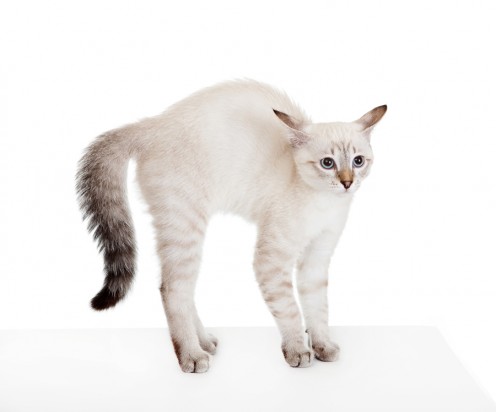 Feline Behaviour & Communication
Feline Behaviour
Feline Behaviour & Communication
Feline Behaviour
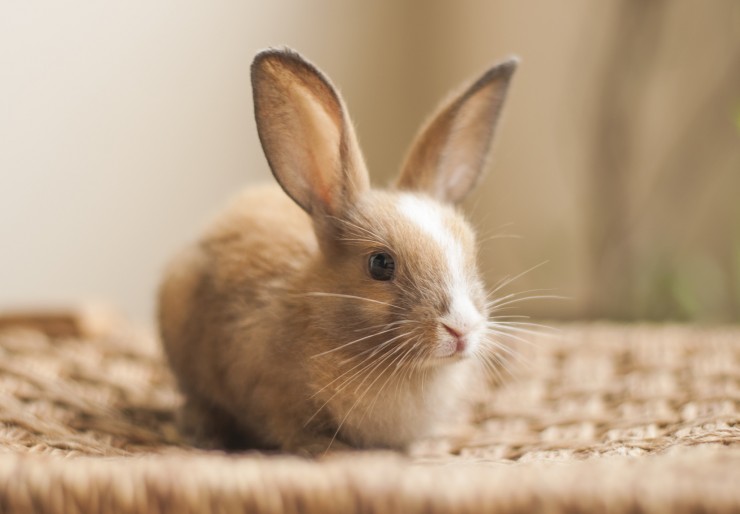 Exotic Animals That Make Great First Time Pets
Exotic Animals Th
Exotic Animals That Make Great First Time Pets
Exotic Animals Th
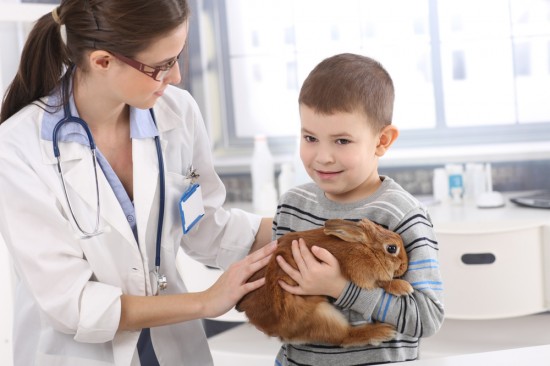 How To Get To Know Your New Rabbit
How To Get To Kno
How To Get To Know Your New Rabbit
How To Get To Kno
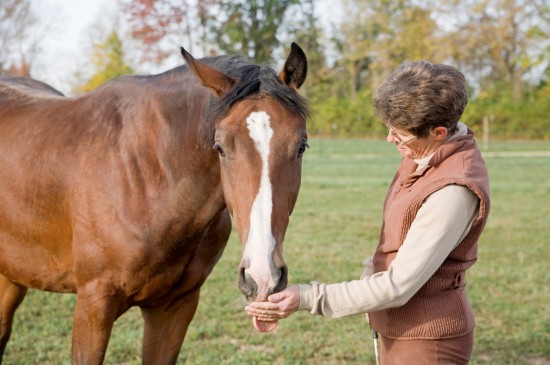 Alternative Sources Of Fibre For Horses
Alternative Sourc
Alternative Sources Of Fibre For Horses
Alternative Sourc
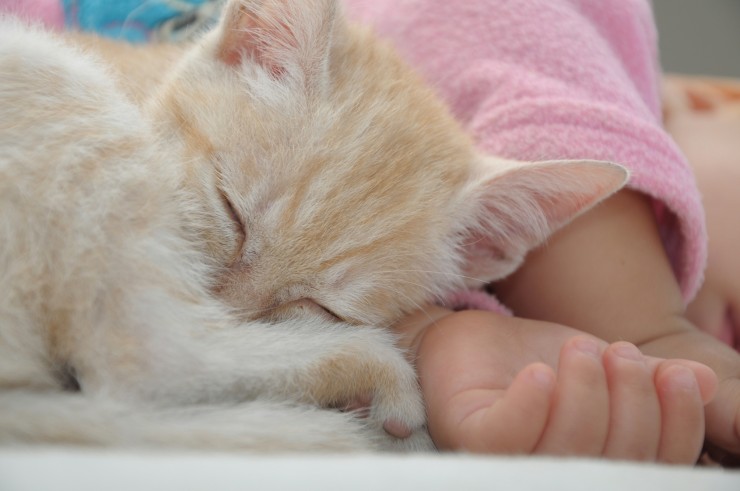 Considerations To Bear In Mind If You Have A Cat And A Baby
Considerations To
Considerations To Bear In Mind If You Have A Cat And A Baby
Considerations To
Copyright © 2005-2016 Pet Information All Rights Reserved
Contact us: www162date@outlook.com